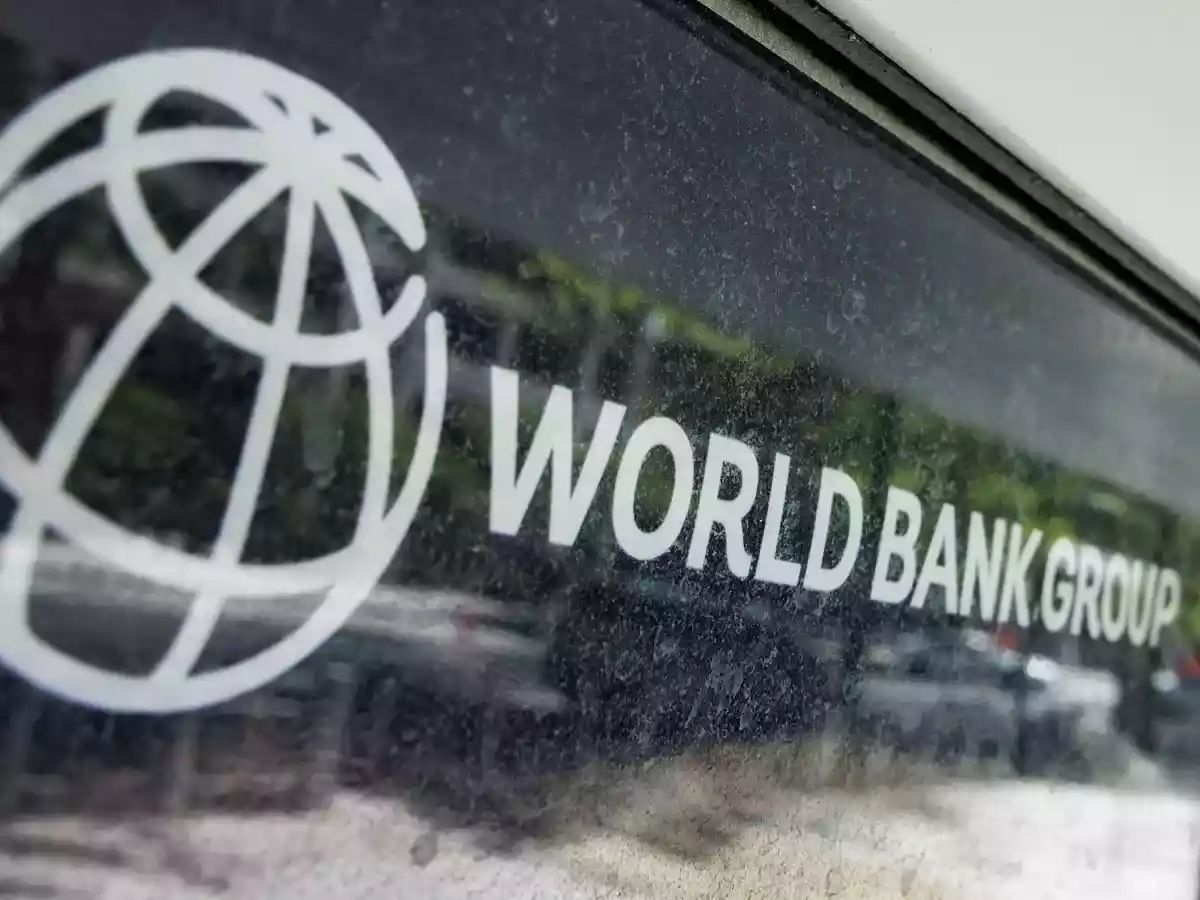
THE World Bank Group (WB) says Zimbabwe needs to modernise its mining laws and introduce a competitive licensing regime offering improved security of tenure and sanctity of contract.
The current legislative framework for mining under the existing Mines and Minerals Act [Chapter 21:05] dating back to 1983 has become antiquated and out of touch with the new national and international mining law developments.
In its country climate and development report launched in Harare on Friday, the WB said Zimbabwe should make key sovereign decisions on macroeconomic policy, debt, mining sector governance, agricultural policy and social protection.
These decisions will either keep the country on a lower-middle-income country path or open the door to an upper-middle-income country path.
“High on this list are foundational decisions on the governance of the mining sector, itself comprising one of Zimbabwe’s comparative advantages and a driver of foreign exchange, foreign direct investment tax,” the report’s executive summary partly read.
“Together with addressing macroeconomic aspects of the investment climate, putting in place a robust governance framework for mining that meets international best practices is critical for Zimbabwe to balance risk and reward for investors and to attract high-quality investors to its mining sector and downstream value-addition opportunities.”
The WB further noted: “The mining laws need to be modernised, to introduce a competitive licensing regime offering improved security of tenure and sanctity of contract. Uncertainty and discretion in, for example, regularly re-setting royalty rates should be avoided.
“In parallel there needs to be a shift away from State ownership of mining interests towards a transparent and competitive allocation of mining concessions with green mining standards.”
- Two jailed for trying to smuggle lithium ore to SA
- Artisanal miners deserve better
- Powerful political and security interests manipulate mining law
- Mines Bill tabled before Parly
Keep Reading
Along with dropping retention requirements for export revenues (enforced conversion to local currency), the WB said this would enable the free flow of capital into the mining sector and associated energy and transport infrastructure.
“This transition could also improve working conditions in the mining sector, encouraging partnerships between large-scale and artisanal miners, and providing a path to formalisation of the industry that would reduce artisanal miners’ vulnerability to heat stress and flooding,” the global lender said.
It said the policy certainty and transparency of these priority mining sector governance reforms could catalyse investment in associated low-carbon infrastructure, particularly in renewable energy and rail.
Along with the government target of increasing the modal share in favour of railways, these reforms could also catalyse rehabilitation of the rail network, it said.
“In the absence of these mining sector governance reforms, options for low-carbon development of infrastructure are limited, relying heavily on enabling investment in off-grid renewable energy and building the resilience of road infrastructure,” the WB said.
“Firms across Zimbabwe are investing in energy efficiency but only one-quarter of them are investing in renewable energy.”
In 2022, the Zimbabwean government introduced legislative changes supporting grid-connected independent power purchase agreements, but this legislation did not include similar incentives for off-grid investments.
As such, the bank said reforms to incentivise off-grid renewable energy, including lifting exchange restrictions, import taxes on renewable energy equipment, and allowing the off-setting of renewable energy investments against tax liabilities, would be an important interim step to resolving the current crippling electricity shortages.
“In the medium term, providing assurances that these investments can be connected to the grid on a net-metering basis would further incentivise investment.”
The bank said the path the country took would have very real consequences for development and its resilience to climate variability and climate change, especially for the poor in rural areas.
Unlocking the UMIC path would unleash foreign direct investment in export sectors and enable investment in human capital, agriculture, infrastructure and land restoration that would set Zimbabwe on a resilient low-carbon development path.
Reflecting on this path-determining decision point, the report examined two separate growth scenarios and how these will be impacted by a range of climate scenarios up to 2050.
The report proposed ways that the two growth scenarios could be made greener and more resilient and ways to transition towards the aspirated scenario.
The growth scenarios are a business-as-usual scenario, which projects past economic trends into the future; and an aspirational scenario, based on the full implementation of Zimbabwe’s Vision 2030.







